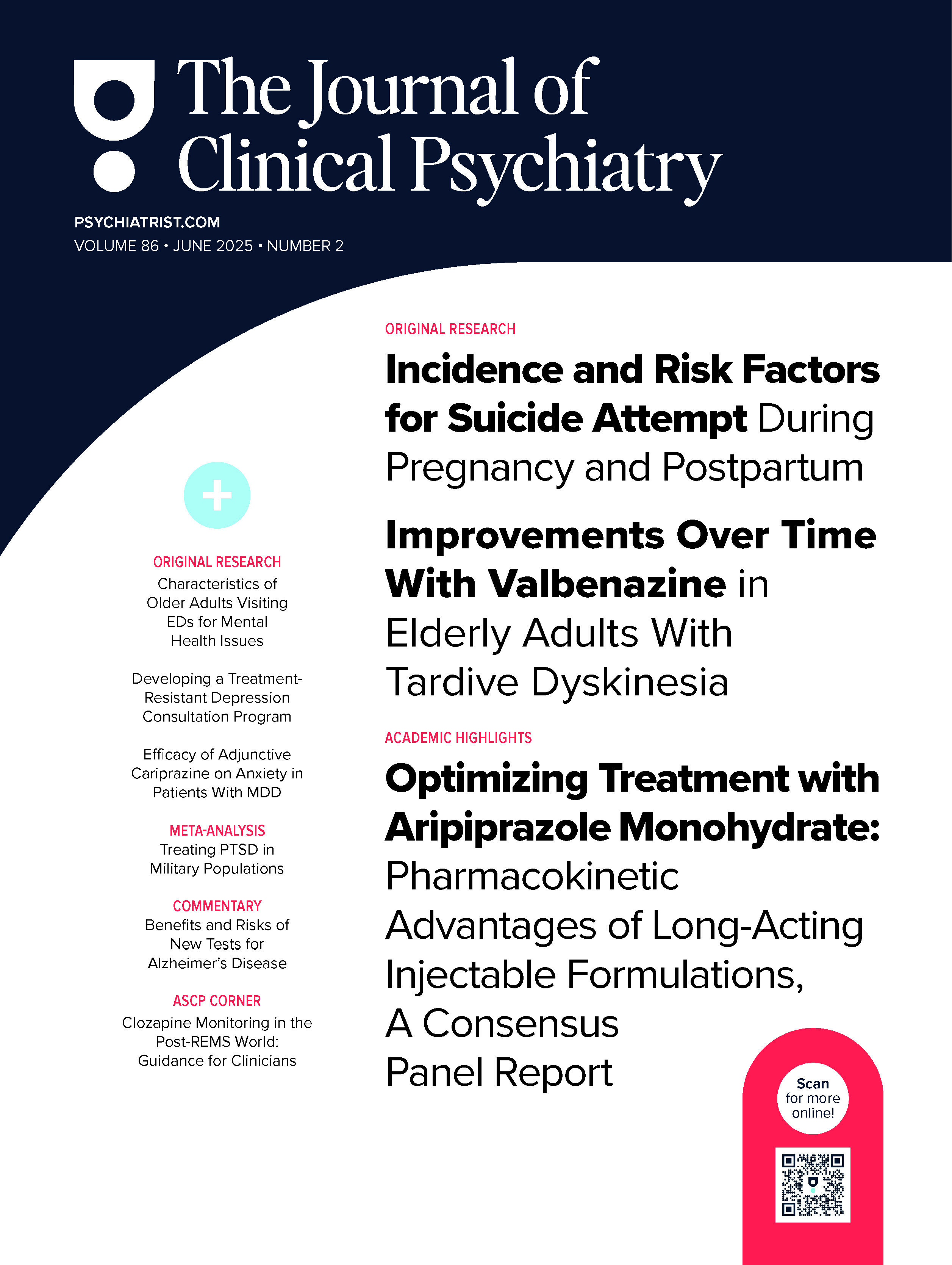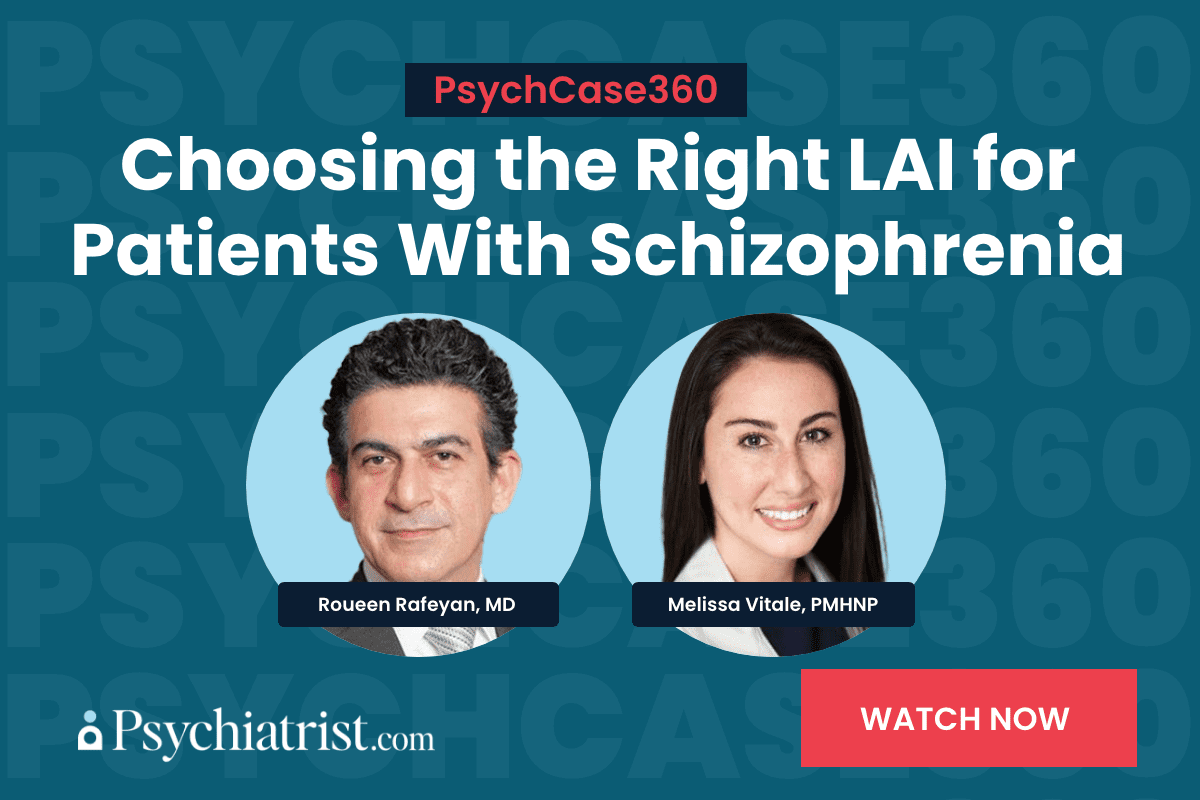Background: Transcranial magnetic stimulation (TMS) has demonstrated efficacy in the treatment of major depressive disorder; however, prior studies have provided only partial safety information. We examined the acute efficacy of TMS in a randomized sham-controlled trial, under open-label conditions, and its durability of benefit.
Method: Aggregate safety data were obtained from a comprehensive clinical development program examining the use of TMS in the treatment of major depressive disorder. There were 3 separate clinical protocols, including 325 patients from 23 clinical sites in the United States, Australia, and Canada. Active enrollment occurred between January 2004 and August 2005. Adverse events were assessed at each study visit by review of spontaneous reports with separate reporting of serious adverse events. Safety assessments were also completed for cognitive function and auditory threshold. Assessment of disease-specific risk included the potential for worsening of depressive symptoms. Finally, the time course and accommodation to the most commonly appearing adverse events were considered.
Results: TMS was administered in over 10,000 cumulative treatment sessions in the study program. There were no deaths or seizures. Most adverse events were mild to moderate in intensity. Transient headaches and scalp discomfort were the most common adverse events. Auditory threshold and cognitive function did not change. There was a low discontinuation rate (4.5%) due to adverse events during acute treatment.
Conclusions: TMS was associated with a low incidence of adverse events that were mild to moderate in intensity and demonstrated a largely predictable time course of resolution. TMS may offer clinicians a novel, well-tolerated alternative for the treatment of major depressive disorder that can be safely administered in an outpatient setting.
Please sign in or purchase this PDF for $40.00.




